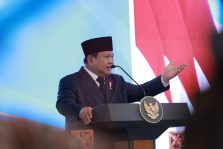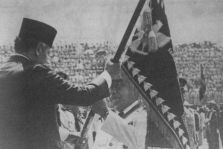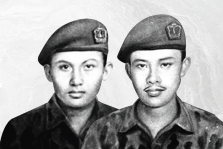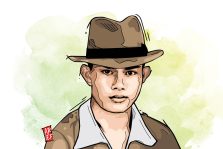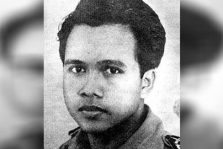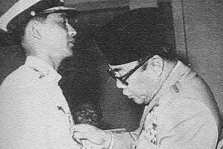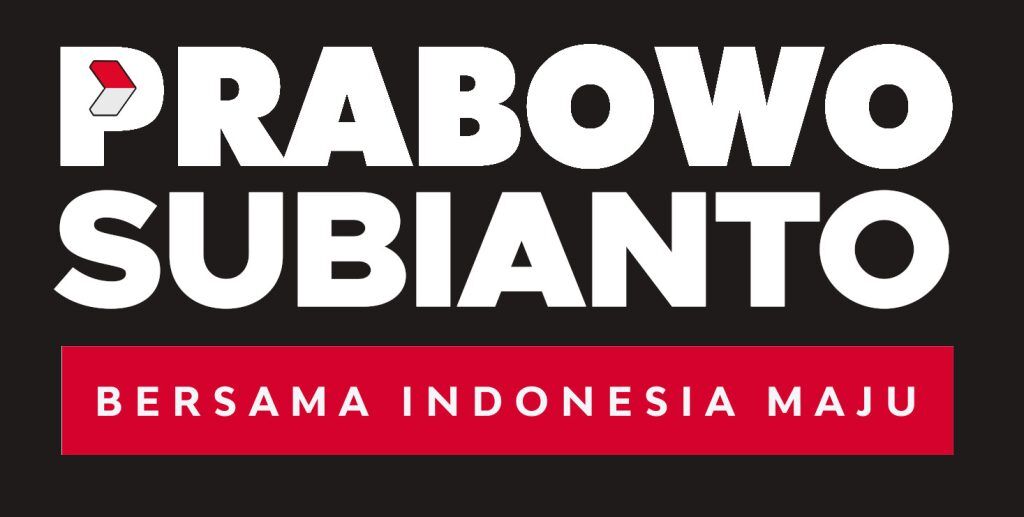By: Prabowo Subianto [taken from the Book: Military Leadership Notes from Experience Chapter I: Exemplary Leaders of The Indonesian Armed Forces]
Like most field commanders, Pak Ketut was a confident and relaxed person who did not strictly stick to protocol. He was very close to his men as well. I remember that once, he visited my battalion in Cilodong. He arrived exactly at noon.
He questioned me about my policies. That was when I was impressed with Pak Ketut. He was a wise commander. He was willing to hear explanations and accommodate his men when the policy implemented by his men made sense.
There have been a lot of people who have discredited me. I am used to it. Everyone wants to make innovations. With innovation, there is always opposition. However, I am grateful to always be protected by good commanders such as Pak Ketut.
I met Pak Ketut Wirdana when he was Commander of the 17th Infantry Airborne Brigade/KOSTRAD with the rank of colonel. He was of AKMIL 1966 graduation year and was the former Commander of 502 Airborne Infantry Battalion, one of TNI’s best units. He was widely known as a field commander.
Like most field commanders, he exuded confidence and was flexible, not a pedant or ‘formalist’ – people who continue to insist that rules and protocols are rigidly followed. These can be considered ‘book’ soldiers, in my view. He was very close to his men. I once remember that he visited my battalion in Cilodong one day. He arrived exactly at noon.
We talked in my office until 13:45. The trumpet rang, signalling that it was time for an afternoon roll call. At 14:00, he glanced at the field, but no one was there. He then asked me why my battalion did not carry out the roll call.
I explained that I permitted it to be skipped, considering that the companies had carried out strenuous physical activities earlier in the morning.
One company had conducted cross country exercises. Another one had just finished tactical training. Another one was still at the firing range. I explained the activities of each of my companies. Everyone had physical activities that took time and effort.
Then I explained that I wanted my men’s time and activities to be efficient. I released them from the afternoon roll call to give them the time to wash their clothes and shoes, take a bath, clean their weapons, and take a break. I even allowed them to take a nap for nearly one hour.
I also pointed out to him that soon, precisely at 15:30, my troops would carry out an array of afternoon activities: running, marathon, martial arts, playing basketball, volleyball and shooting practice. And as expected, at 15:30, the fields were busy with soldiers carrying out their activities. No one was slacking off.
I told him that giving extra time to the soldiers rejuvenates and restores their stamina to be more active in their exercises. My battalion won almost every competition and every championship. They always excelled in nearly every operation as well.
Based on the books that I had read and my own experience, combat soldiers do not like rambling speeches and useless ceremonial rituals. They appreciate time and efficiency. They are not happy if their commander talks too much.
Therefore, I usually gathered them in a room or sitting under a shady tree. I also did not like leading ceremonies for long. Because I did not want to just give lectures, I wanted them to learn through practical experience.
Finally, I concluded that passionate, accomplished soldiers dedicated to their leaders and the country do not ask for much. They just want to be respected and their time not wasted. They need personal time to do their own personal stuff, which leads to more efficiency and productivity from all the soldiers.
Pak Ketut was satisfied with my explanation. Someone had informed him that I was too lax with my men. He has been among those who questioned my policy. However, after witnessing the situation and hearing from me, he could understand why I did it. He let me continue and implement the policy of allowing my companies to skip afternoon roll calls and give the soldiers more time to attend to their personal needs. For me, taking care of their uniforms, rifles, boots, and repairing their socks was very important. Also, the need for an afternoon nap has now been proven by many experts worldwide to result in higher productivity, higher morale and better performance. That’s why I continued the policy, and Pak Ketut backed me all the way. Even though many of my rivals complained, Pak Ketut never again questioned my policies.
That’s why I was impressed with Pak Ketut. He was a wise commander. He was willing to hear explanations and accommodate his men if the policy implemented by them made sense.
During my career, some often discredited me. But I was used to it. Because with every innovation, there is bound to be opposition. That was what I experienced. However, I was grateful to always be protected by good commanders like Pak Ketut.


